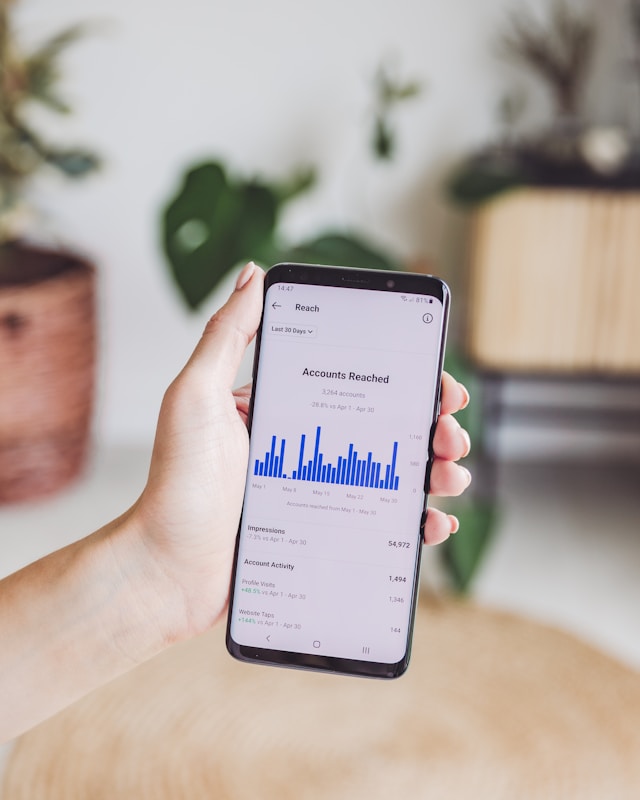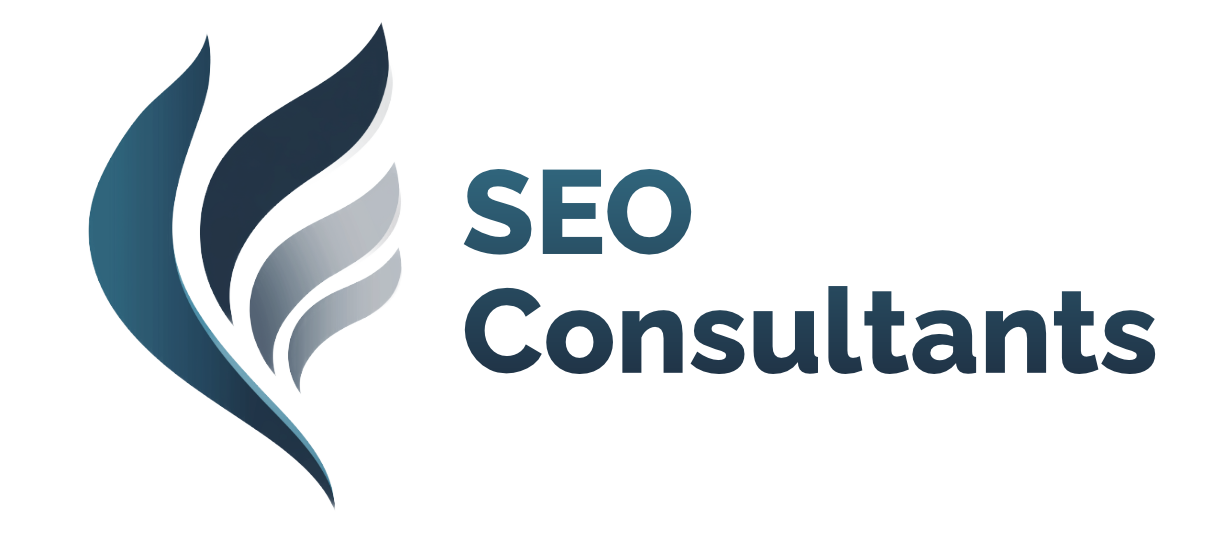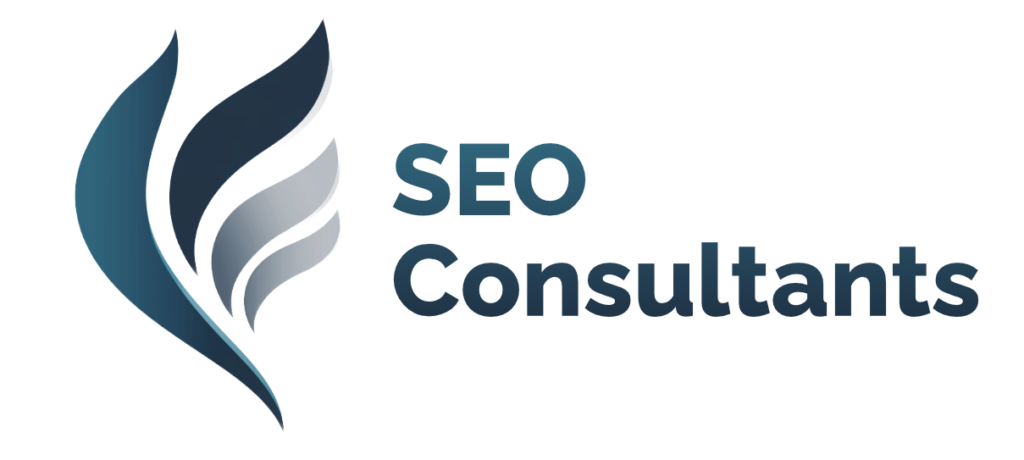Search Engine Optimisation (SEO) is a powerful digital marketing tool that can significantly impact a business’s online visibility and success. But what exactly is it, and how does it all work? If you’ve ever wondered how some websites consistently appear at the top of search results while others languish on page 10, this guide is for you. We’ll demystify the core concepts of SEO and answer the most common questions business owners have about getting started.

What are the three main pillars of SEO?
The three main pillars of SEO are technical SEO, on-page SEO, and off-page SEO. Technical SEO focuses on the backend of your website to improve its structure and performance, making it easier for search engines to crawl and index your site. This includes optimising site speed, ensuring mobile-friendliness, and fixing broken links. It is the foundational work that ensures your site is accessible and in good health for search engine crawlers.
On-page SEO involves optimising elements on your website to improve its rankings for specific keywords. This includes creating high-quality content, using relevant keywords in your headings and body text, and optimising meta titles and descriptions. By aligning your on-page elements with what search engines are looking for, you provide clear signals about the topic of your page, which helps it rank more effectively. Off-page SEO, on the other hand, refers to activities carried out away from your website to boost its authority and credibility. The most common off-page activity is link building, where you acquire backlinks from other reputable websites to signal to search engines that your site is trustworthy and valuable.
How long does it take to see results from SEO?
The timeline for seeing results from SEO is not an exact science and can vary significantly depending on a number of factors, including your industry’s competition, your website’s current state, and the resources you dedicate to your campaign. Typically, you can expect to see some initial improvements in a few months, such as better keyword rankings for less competitive terms. However, it can often take six to twelve months, or even longer, to see a substantial increase in organic traffic and a meaningful impact on your business’s revenue.
This long-term nature is due to how search engines operate and the time it takes for them to crawl, index, and re-evaluate your website. SEO is about building trust and authority over time, which cannot be achieved overnight. Consistent effort and a patient approach are far more effective than trying to rush the process. Think of it as a marathon, not a sprint, where the compounding effects of your work lead to sustainable long-term growth.


Is SEO a one-time task or an ongoing process?
SEO is unequivocally an ongoing process, not a one-time task. The digital landscape is in a constant state of flux, with search engine algorithms being updated regularly and your competitors continuously optimising their own websites. A successful SEO strategy requires continuous monitoring, analysis, and adaptation to maintain and improve your rankings over time.
For your website to remain competitive, you must continuously create new content, build new backlinks, and address any technical issues that arise. Search engines favour sites that are active and regularly updated, so resting on your laurels after achieving a top ranking can quickly lead to a decline in your position. Ongoing SEO ensures you stay ahead of the curve, react to market changes, and capitalise on new opportunities as they emerge.
What is the difference between organic and paid search results?
Organic search results are the unpaid listings that appear on a search engine results page (SERP) based on their relevance to a user’s query. These are the natural results that an algorithm determines are the best fit for the searcher’s intent. Businesses earn their place in these rankings through effective SEO, which includes a combination of technical optimisation, content quality, and a strong backlink profile.
Paid search results, often labelled as “Ad” or “Sponsored,” are advertisements that appear at the top or bottom of a SERP. Businesses pay search engines like Google for these positions through an auction-based system, such as Pay-Per-Click (PPC). While paid ads offer instant visibility and can be highly targeted, the traffic stops as soon as the ad budget runs out. Organic traffic, however, is ‘free’ once you’ve put in the work, and it can provide a steady stream of visitors over the long term.


How does keyword research fit into an SEO strategy?
Keyword research is the fundamental starting point of any successful SEO strategy. It involves identifying the specific words and phrases your target audience uses when searching for products, services, or information related to your business. By understanding these search terms, you can create content that directly answers their questions and solves their problems, thereby attracting the right kind of traffic to your site.
Without thorough keyword research, your SEO efforts would essentially be guesswork. You would not know what topics to write about or how to structure your website to meet user needs. A solid keyword strategy not only helps you target high-volume terms but also identifies long-tail keywords that may have lower search volume but higher conversion potential. This ensures your content is not only relevant but also highly likely to attract visitors who are actively looking to buy or engage with your brand.
What role does content marketing play in SEO?
Content marketing is a cornerstone of modern SEO. Search engines like Google are designed to provide the most relevant and valuable content to their users, which means a strong content strategy is a direct way to improve your rankings. By consistently creating high-quality, informative, and engaging content, you can attract organic traffic, establish your brand as an authority, and generate opportunities for backlinks.
The content you create serves as the vehicle for your keywords, allowing you to target the search queries identified in your keyword research. It provides value to your audience, encourages them to stay on your site for longer, and gives them a reason to link back to your pages. Without a robust content marketing plan, it is incredibly difficult to achieve and maintain high search engine rankings in a competitive landscape.


Why is mobile optimisation so critical for SEO today?
Mobile optimisation is no longer just a nice-to-have; it is a critical ranking factor for search engines. The majority of online searches are now performed on mobile devices, and Google has officially switched to a mobile-first indexing approach. This means that search engine crawlers primarily use the mobile version of your website for indexing and ranking, so if your site is not mobile-friendly, it will be at a significant disadvantage.
Beyond the ranking implications, providing a seamless user experience on mobile is crucial for your audience. A slow, difficult-to-navigate mobile site will lead to high bounce rates and frustrated users who are likely to leave and go to a competitor. Ensuring your website is responsive, loads quickly, and is easy to use on any device is essential for both pleasing search engines and retaining your visitors.
Can I do SEO myself, or should I hire a professional?
While you can certainly learn the basics of SEO yourself, implementing a comprehensive and effective strategy is a complex and time-consuming task. SEO requires a deep understanding of technical concepts, a knack for keyword research, and the ability to create and distribute high-quality content. For most business owners, juggling these responsibilities with the day-to-day operations of running a business is simply not feasible.
Hiring a professional SEO consultant or agency provides you with access to specialised knowledge, industry-leading tools, and a wealth of experience. A professional can conduct a thorough audit, develop a tailored strategy, and stay up-to-date with algorithm changes so you don’t have to. This allows you to focus on what you do best—running your business—while leaving the intricacies of SEO to the experts.


How do search engine algorithms change, and how do I keep up?
Search engine algorithms, particularly Google’s, are in a constant state of evolution. Google makes hundreds of small adjustments and several major updates each year to improve the quality and relevance of its search results. These changes are designed to reward websites that provide a great user experience and genuinely useful content, while penalising those that use outdated or unethical techniques.
The best way to keep up with algorithm changes is to focus on a holistic and ethical SEO strategy rather than trying to chase every minor update. By concentrating on creating high-quality content, improving user experience, and building a strong, natural backlink profile, you will inherently be in line with what search engines want. Working with a professional SEO consultant ensures that you have an expert who monitors these changes and adapts your strategy accordingly, so you can maintain your rankings without constantly worrying about the next big update.
What are some common mistakes businesses make with their SEO?
One of the most common mistakes businesses make is treating SEO as a quick fix or a one-time project. They might invest in a short campaign, see some initial results, and then stop, which inevitably leads to a decline in rankings as competitors continue their efforts. SEO is an ongoing commitment that requires sustained effort to yield long-term benefits.
Another frequent error is focusing too much on low-quality backlinks or engaging in “black-hat” SEO practices. While these might provide a temporary boost, they can result in severe penalties from search engines, which can be incredibly difficult to recover from. Additionally, many businesses fail to align their SEO strategy with their business goals, leading them to focus on vanity metrics like keyword rankings rather than on the metrics that truly matter, such as organic traffic, leads, and sales.


